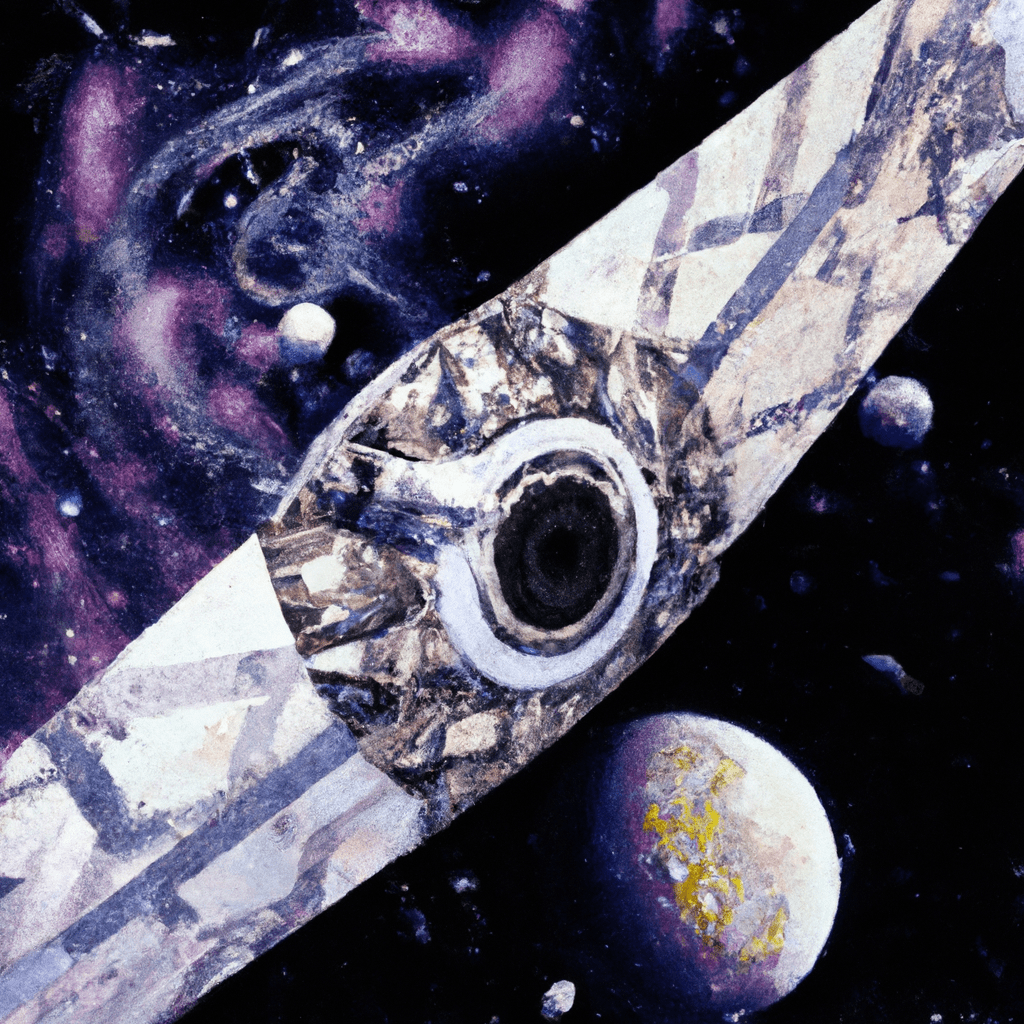Unveiling the Unknown: Newly Discovered Bacteria Found on Chinese Space Station – Shlok’s Automation
Introduction
In a world where we are constantly discovering new forms of life right here on Earth, it’s easy to forget that the vast expanse of space is also teeming with potential for discovery. Recently, Chinese scientists made an unprecedented find on the Tianzhou-1, China’s first cargo spacecraft, that has sparked interest and intrigue among scientists around the globe. They discovered a new form of bacteria, previously unknown to science. This finding may have far-reaching implications, not just for our understanding of life in space, but also for future space travel and exploration.
A Surprising Discovery
It was during an analysis of the biofilm (a collection of microorganisms where cells stick to each other on a surface) on the Tianzhou-1 that scientists stumbled upon this intriguing find. The bacteria discovered were of three different species, namely Bacillus, Pantoea, and Carnobacterium. What is interesting is that these bacteria are not just new to space, but are entirely new species, previously undocumented on Earth.
This discovery is a testament to the tenacity of life and its ability to thrive in the most unexpected and inhospitable environments. The fact that these bacteria could survive in the harsh conditions of space, with high levels of radiation, zero gravity, and extreme temperatures, is a testament to the adaptability of life.
The Implications for Future Space Travel
Finding these new bacteria species on a space station raises questions about the possibility of life on other planets or moons. It also has significant implications for future space travel and the search for extraterrestrial life.
One of the most crucial implications is the potential for these bacteria to cause bio-corrosion on spacecraft. Bio-corrosion is a process where bacteria can degrade and damage metal surfaces. This could potentially jeopardise the integrity and longevity of spacecraft, making long-term space missions more challenging.
On the other hand, the discovery of bacteria capable of surviving in space could also provide potential solutions to some of the challenges of long-term space travel. For instance, these bacteria could be used to create a self-sustaining ecosystem within a spacecraft, providing astronauts with fresh food and recycling waste.
Moreover, the bacteria could also have potential applications in medicine and biotechnology. For instance, the ability of these bacteria to withstand high levels of radiation could be harnessed for developing radiation-resistant materials or even new treatments for radiation exposure.
The Search for Extraterrestrial Life
This discovery could potentially fuel the search for extraterrestrial life. The presence of these bacteria on a space station suggests that life can indeed survive in the harsh conditions of space. This supports the theory of panspermia, which posits that life exists throughout the Universe and is distributed by asteroids, comets, and planetoids.
If life can survive on a space station, it may also be able to survive on other planets or moons, particularly those in our own solar system such as Mars or Europa, Jupiter’s moon. This discovery could inspire new missions and investigations into these and other potential habitats for extraterrestrial life.
Conclusion
The discovery of new bacteria species on a Chinese space station is a significant scientific breakthrough that has far-reaching implications. It not only sheds light on the tenacity and adaptability of life, but it also opens up new possibilities and challenges for space travel, biotechnology, and the search for extraterrestrial life.
As we continue to explore the final frontier, we can expect more such surprising and exciting discoveries. These findings remind us that space is not just a void, but a vibrant, dynamic environment, full of potential for life and exploration. They also underscore the need for international cooperation and collaboration in space exploration, to unlock the mysteries and harness the potential of this vast, uncharted territory.
Anurag Dhole is a seasoned journalist and content writer with a passion for delivering timely, accurate, and engaging stories. With over 8 years of experience in digital media, she covers a wide range of topics—from breaking news and politics to business insights and cultural trends. Jane's writing style blends clarity with depth, aiming to inform and inspire readers in a fast-paced media landscape. When she’s not chasing stories, she’s likely reading investigative features or exploring local cafés for her next writing spot.






